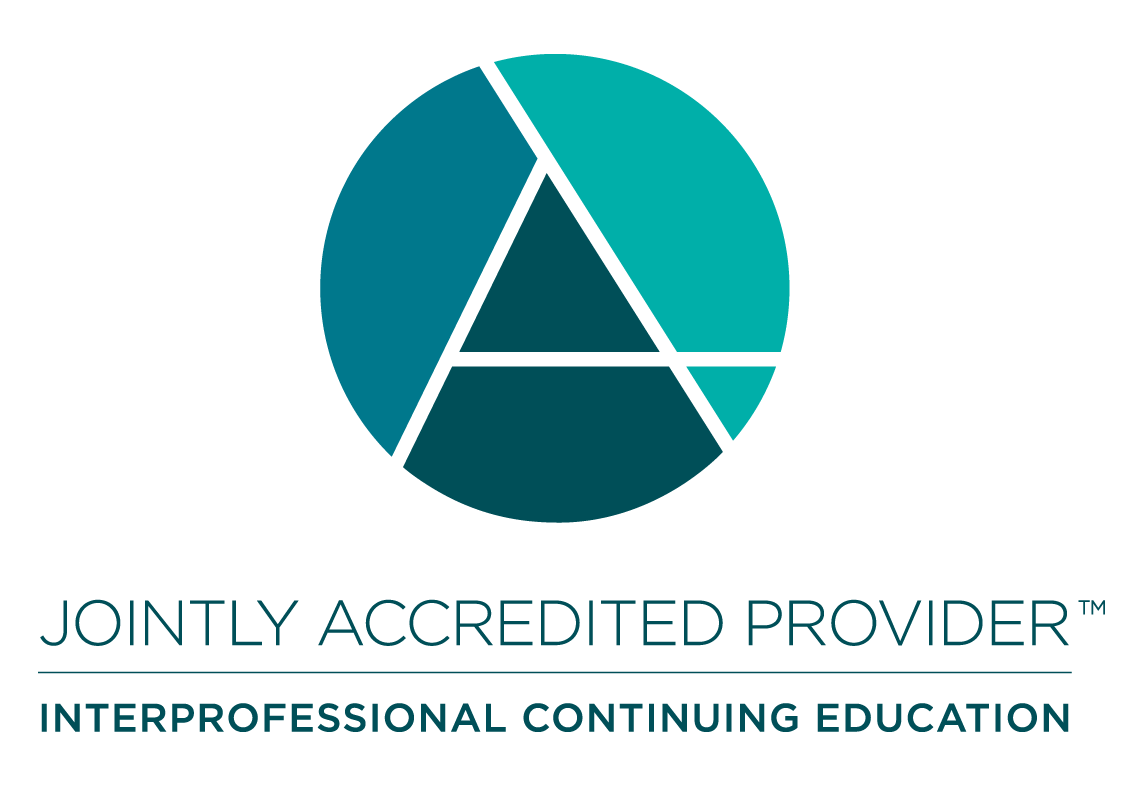University of Pittsburgh Health Sciences eLearning Environment Internet-based Studies in Education and Research
 INTRODUCTION
INTRODUCTION
 ABIM and DOB Data Collection
ABIM and DOB Data Collection
 1/17/23 - Medical Grand Rounds: Myositis and the Anti-Synthetase Syndrome: Bedside to Bench . . . and Back?
1/17/23 - Medical Grand Rounds: Myositis and the Anti-Synthetase Syndrome: Bedside to Bench . . . and Back?
 QUIZ
QUIZ
 EVALUATION
EVALUATION
 CERTIFICATE
CERTIFICATE
Credit Hours: CME 1.00
Faculty, residents, fellows, and community physicians in General Internal Medicine and subspecialties.
Upon completion of this activity, participants should be able to:
- Describe the clinical features of the anti-synthetase syndrome.
- Recognize features characteristic of autoimmune interstitial lung disease.
- Define the role of Jo-1 (HRS) in the immunopathogenesis of the anti-synthetase syndrome.
- Identify key innate and adaptive immune signaling pathways contributing to a murine model of HRS-induced myositis
- Devise new therapeutic strategies based on overlap between murine model and human disease
Suggested additional reading:
- Aggarwal R, Cassidy E, Fertig N, Koontz DC, Lucas M, Ascherman DP, Oddis CV. Patients with non-Jo-1 anti-tRNA-synthetase autoantibodies have worse survival than Jo-1 positive patients. Ann Rheum Dis 73(1):227-232, 2014.
- Gallay L, Gayed C, Hervier B. Antisynthetase syndrome pathogenesis: knowledge and uncertainties.; Curr Opin Rheumatol. 2018 Nov;30(6):664-673. doi: 10.1097/BOR.0000000000000555
- Afzali AM, Ruck T, Wiendl H, Meuth SG. Animal models in idiopathic inflammatory myopathies: How to overcome a translational roadblock? Autoimmun Rev. 2017 May;16(5):478-494. doi: 10.1016/j.autrev.2017.03.001. Epub 2017 Mar 7
Joint Accreditation Statement

In support of improving patient care, the University of Pittsburgh is jointly accredited by the Accreditation Council for Continuing Medical Education (ACCME) and the Accreditation Council for Pharmacy Education (ACPE), and the American Nurses Credentialing Center (ANCC), to provide continuing education for the healthcare team.
The University of Pittsburgh School of Medicine designates this enduring material activity for a maximum of 1.0 AMA PRA Category 1 Credit[s]™. Physicians should only claim credit commensurate with the extent of their participation in the activity. This educational activity is approved for 1.0 contact hours.
Other health care professionals will receive a certificate of attendance confirming the number of contact hours commensurate with the extent of participation in this activity.
Dr. Oddis receives grant/research support from Genentech, CSL Behring, and Mallinckrodt. Dr. Oddis is a consultant with Pfizer and EMD Serono.
Dr. Ascherman receives grant/research support from Mallinckrodt, TEVA, Argenx, and Biogen. They are also a consultant for PTC Therapeutics, Lundbeck, and EMD Serono.
This activity is approved for AMA PRA Category 1 Credit™
The University of Pittsburgh is an affirmative action, equal opportunity institution.